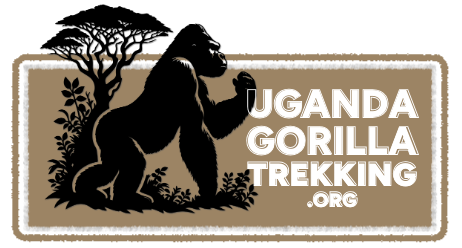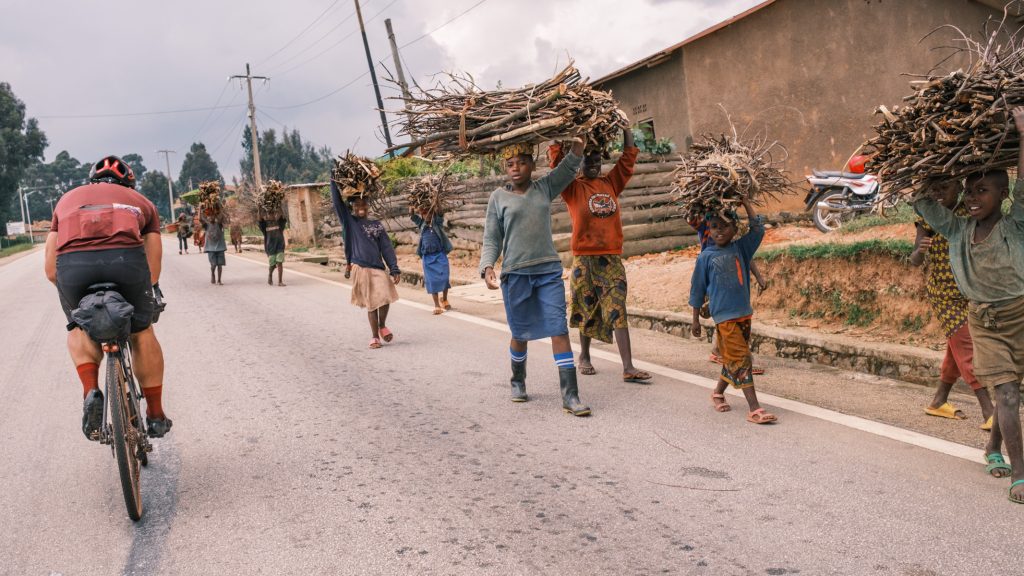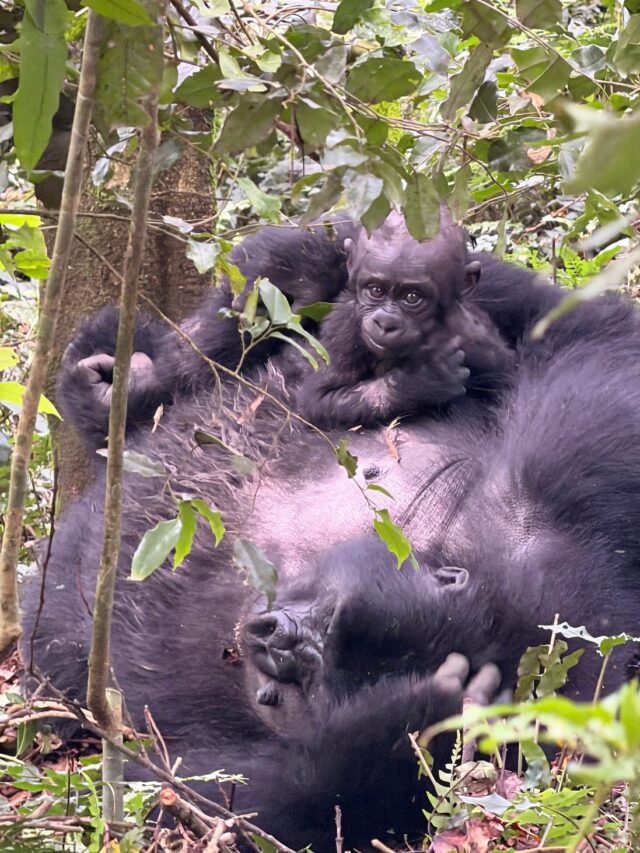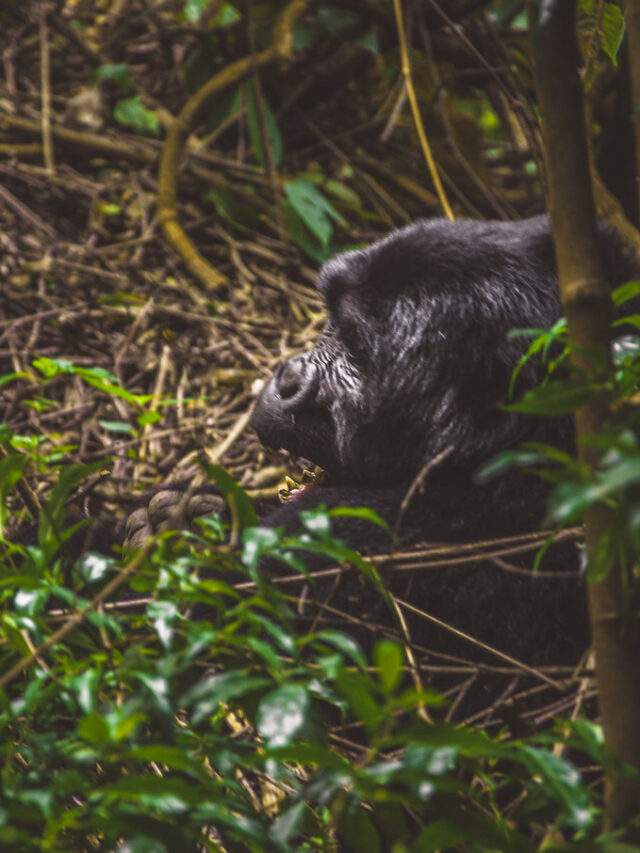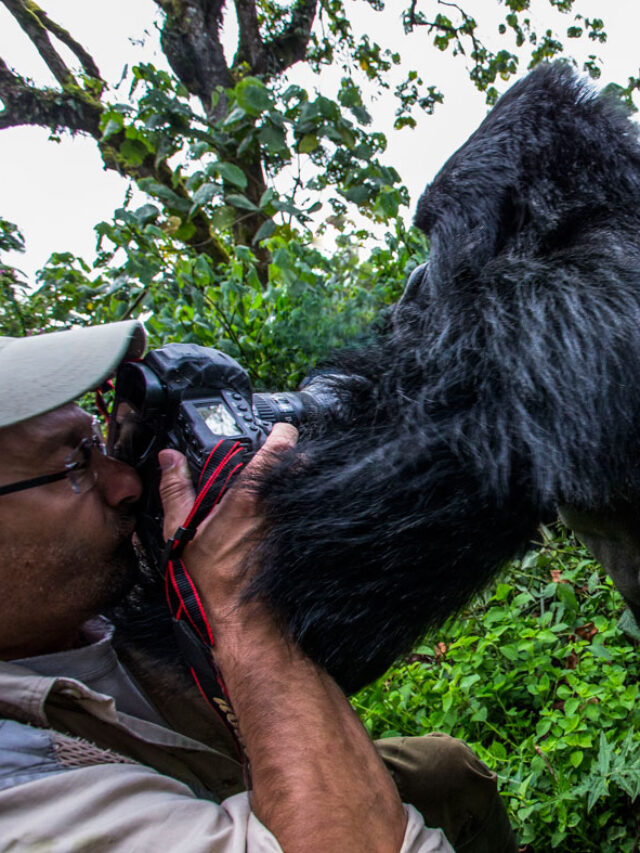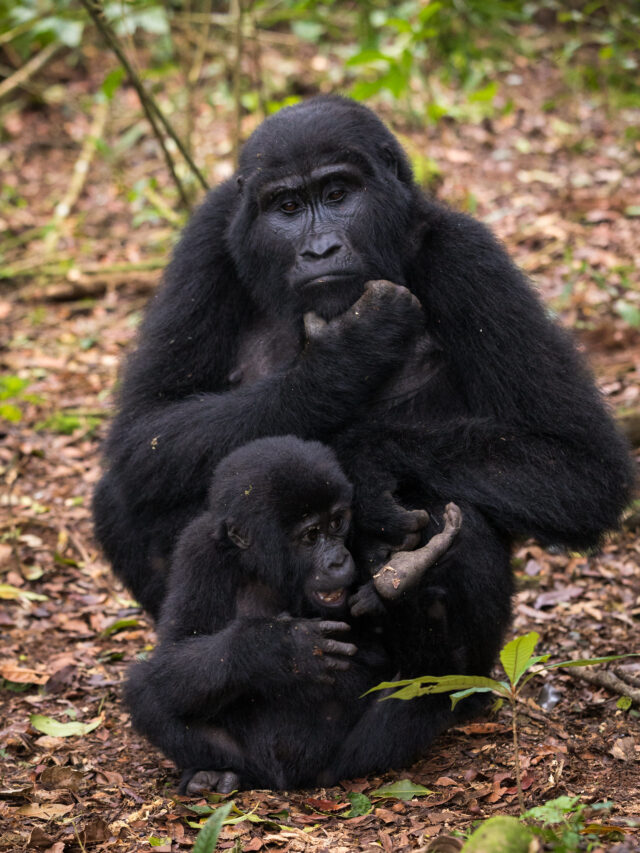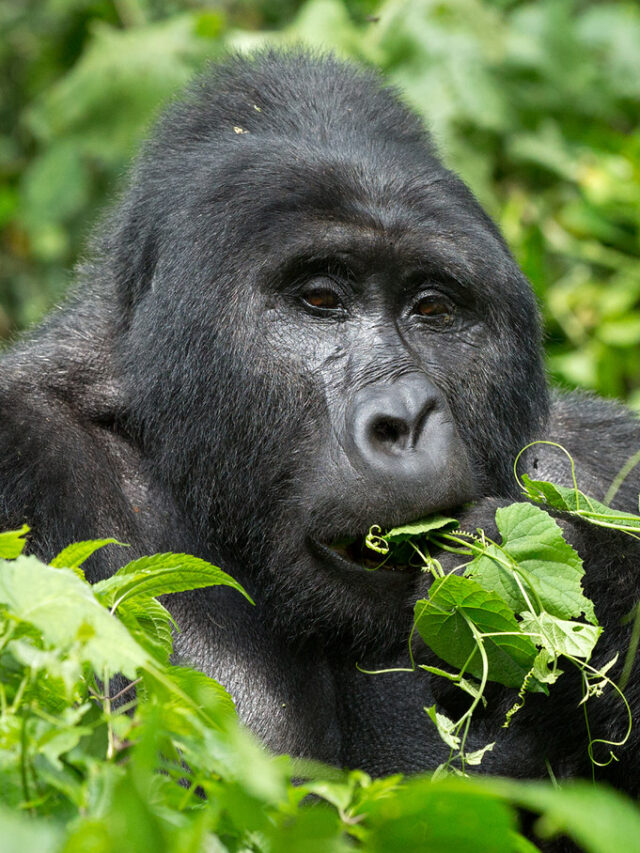Muzungu in the Mist: Julia Royall’s Transformative Journey Through Uganda
When a Fulbright Meets the Forest
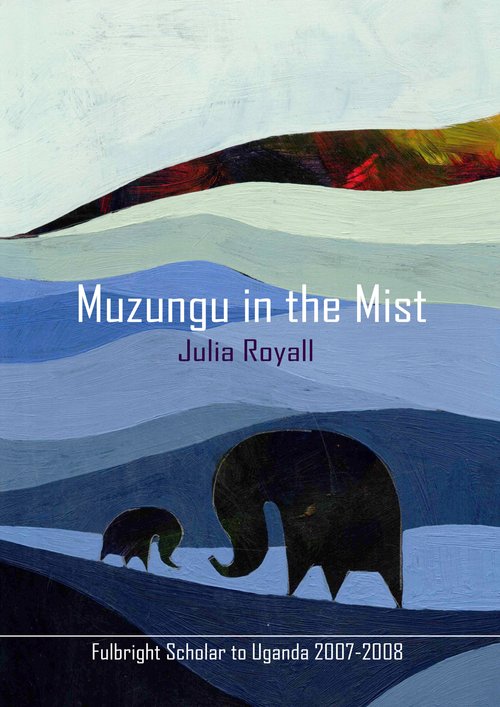
Muzungu in the Mist — Julia was not the typical “Muzungu” — the term East Africans use for white foreigners. She immersed herself in the local rhythms, listened more than she spoke, and used her expertise to amplify community knowledge rather than override it. From city streets to remote villages, her days were filled with encounters that taught as much about digital tools as they did about trust, empathy, and the resilience of the human spirit.
Living the Work, Not Just Studying It
Julia’s daily life in Uganda was anything but predictable. One day she was working closely with students at Makerere University, guiding them as they created multimedia health tutorials in native languages. The next, she was bouncing along rural roads to document how malaria education could be reimagined through accessible ICT tools. Each interaction wasn’t simply a project milestone — it was a relationship. She didn’t view Ugandan communities as subjects of development work. Instead, she saw them as equal collaborators, capable of crafting their own future if given the right tools and space.
What made her work so powerful was how it honored both the traditions and the modern needs of the people. She respected the role of storytelling in African culture and used it as a vehicle for educating about diseases like malaria, typhoid, and HIV. Her passion wasn’t just academic — it was deeply emotional. Julia knew that health wasn’t only a matter of clinics and diagnoses. It was about communication, context, and connection. She believed that technology could be a healer, not just a tool — and she helped communities shape the message in their own voice.
A Blog That Became a Mirror of Life
Muzungu in the Mist wasn’t your standard blog. It read like a living diary — raw, tender, humorous, and deeply observant. In her posts, readers didn’t just learn about projects or data. They met the people Julia met. They smelled the dust of Kampala’s markets, felt the heat of the equator on their skin, and heard the laughter of children playing under the shade of mango trees. She shared stories of both progress and heartbreak: a student’s excitement at using a computer for the first time, a village’s struggle with limited medical access, the emotional toll of facing illness in a system stretched thin.
But there was never pity in her words — only admiration and reflection. Julia let her readers feel what it meant to be a Muzungu with a mission, navigating a culture not as an outsider, but as someone eager to understand and be shaped by it. Through her eyes, the mist became not a barrier, but a bridge — a veil lifting to reveal moments of deep human connection.
More Than Just Technology: A Cultural Exchange
What Julia brought to Uganda wasn’t just knowledge; it was humility. She didn’t arrive with a checklist of solutions. Instead, she let the environment teach her. From conversations with taxi drivers and university staff to long afternoons spent in rural community meetings, she allowed herself to be vulnerable — to be wrong, to learn, to grow. That vulnerability made her trusted and respected. She asked questions others overlooked. She valued indigenous knowledge and respected the power of oral traditions as deeply as she believed in digital innovation.
Her work showed that effective development must be rooted in dialogue, not directives. That solutions must rise from the soil they intend to heal. And most importantly, that being a Muzungu doesn’t mean being distant — it means recognizing your difference and choosing to bridge it with grace.
Fifteen Years Later: The Mist Still Holds Meaning
Years after her time in Uganda, Julia looked back on her journey with both nostalgia and renewed clarity. The technology had evolved, the country had changed, but the essence of the experience remained untouched. Her reflections carried a deep sense of gratitude — not just for what she had contributed, but for what she had received. The friendships, the lessons, the quiet moments in the forest where the world seemed still and kind — they became part of her life’s fabric.
Her story isn’t just one of a successful project or a well-written blog. It’s the story of what happens when someone chooses to truly see. To truly listen. And to let the mist — the unknown, the unfamiliar, the unspoken — guide them into a deeper understanding of the world and their place in it.
